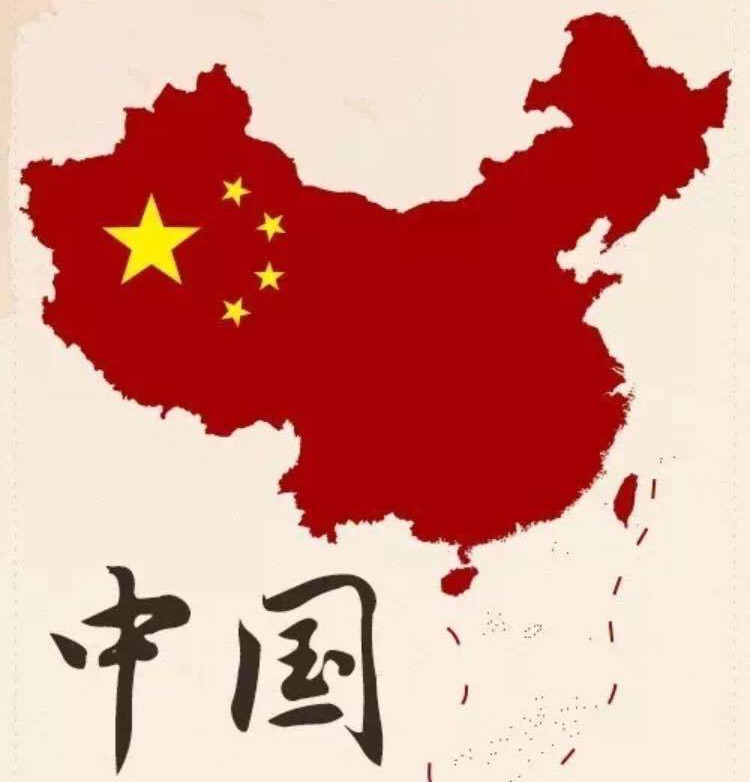
“As I silently rub the drops of blood on the wall, I can only find the right words when I think of that merciful and just God who is so far away, and yet so close.”
― Lin Zhao
“Let 100 flowers bloom. Let 100 schools of thought contend."
- Mao Tse Tung
“But after living in Communist China for the past seventeen years, I knew that such a society was only a dream because those who seized power would invariably become the new ruling class. They would have the power to control the people’s lives and bend the people’s will. Because they controlled the production and distribution of goods and services in the name of the state, they would also enjoy material luxuries beyond the reach of the common people. In Communist China, details of the private lives of the leaders were guarded as state secrets. But every Chinese knew that the Party leaders lived in spacious mansions with many servants, obtained their provisions from special shops where luxury goods were made available to their household at nominal prices, and send their children in chauffeur-driven cars to exclusive schools to be taught by specially selected teachers. Even though every Chinese knew how these leaders lived, no one dared to talk about it. If we had to pass by a special shop for the military or high officials, we carefully looked the other way to avoid giving the impression we knew it was there.”
― Nien Cheng, Life and Death in Shanghai
On June 8, 1957, Chairman Mao called a halt to the Hundred Flowers Campaign. He announced that it was time to pluck the "poisonous weeds" from the bed of flowers. Hundreds of intellectuals and students were rounded up, including pro-democracy activists Luo Longqi and Zhang Bojun, and were forced to publicly confess that they had organized a secret conspiracy against socialism. The crackdown sent hundreds of leading Chinese thinkers to labor camps for "re-education" or to prison.
Szczepanski, Kallie. "Mao's Hundred Flowers Campaign in China." ThoughtCo. https://www.thoughtco.com/hundred-flowers-campaign-195610 (accessed November 26, 2020).
Lin Zhao, my blood sister, was a prominent dissident journalist who was executed by Communist Party of China authorities on April 29, 1968, in Shanghai, China. After her murder, a security department official went to my mother and asked her to pay 5 cents for the bullet that was used to kill her. All this was kept secret until the downfall of the Gang of Four, the Chinese leaders who lost out in a power struggle after Mao Zedong’s death.
My sister’s execution was revealed in a Jan. 27, 1981, editorial of the official Communist Party newspaper People’s Daily headlined “The Historical Judgement.” The editorial mentioned Lin Zhao and the 5-cent bullet fee. For the first time, the world learned that the Communist regime in China required survivors of those they murdered to pay for the bullets used in their executions.
Lin Zhao was rehabilitated twice by the same regime that persecuted and executed her. The authorities’ labels describing her as rightist, counter-revolutionary, and allegedly mentally ill were all corrected and officials announced she was not guilty of the charges that resulted in her murder.
My sister’s case is very complicated and associated with the Chinese political arena and the mixed political shadings of my family that had both Communist and Nationalist leanings.
Lin was 17 when she attended a Communist journalism training course in 1949 — three months before Mao seized power. She then took part in the disastrous land reform campaign before going to work as a newspaper reporter and editor. In 1954, she was admitted to the journalism branch in Peking University’s literature department. Her years as a journalist made her a witness to the tricks and distortions by the Communist propaganda machine designed to deceive the Chinese people.
Her job as a journalist gave her insights into what sensitive news reports were sent directly to the party’s Central Committee. Lin learned too much. So one day in 1957, she took to a Peking University free forum and declared: “The organizational principle of the Party runs counter to conscience!” From that point on, Lin used her conscience to rebel against the Communist system and personality cult of Mao. “I’m carrying on the glorious revolutionary tradition of the Peking University and the May Fourth Movement and I am a freedom fighter.”
Lin kept fighting even in prison, which, in her own words, was her “fighting fortress.” And she fought until the last drop of her blood was spilled.
As Lin Zhao’s sister, I remember the rare happy moments I spent with her in my childhood. I remember the night she severed kinship ties to my parents and left home to enroll in a communist journalism training school. I remember when I was admitted to medical school, she came home from Peking University and we had a good time together during the summer break. I remember how she wrote a letter to me before the anti-rightist campaign expressing her anxiety. I remember one month after she was arrested, our father committed suicide.
I remember when she was allowed to visit home on bail she told us how she was handcuffed for days on end. I remember the last time I saw her in prison. That day the entire city was shut down for a mass gathering and the streets were empty. I walked four hours to her prison. Her image is engraved in my memory forever. I remember the 5 cents they collected.
I remember my mother and I went to prison to recover her belongings. There was nothing left but dirty white sheets with many blood stains that had turned black. I remember that, because of Lin Zhao, my mother was also branded a counter-revolutionary. When mother went to the emergency room for treatment of an illness, the doctor was told not to save her but to let her die.
As a good medical doctor, I saved many of my patients’ lives but I could not save my own mother.
Lin converted to Christianity in 1961, while in prison, by a cellmate who was a very devoted Christian. She was never a Communist Party member. She once said, “I did become an underground Communist Party member and was one for three days.”
The mystery of Lin Zhao began with her secret execution...
Read the Entire Story at The Washington Times ➡ Copyright © 2020 The Washington Times, LLC.
This excerpt is reprinted under the auspices of the "fair use" doctrine of American copyright law, as research and scholarship.
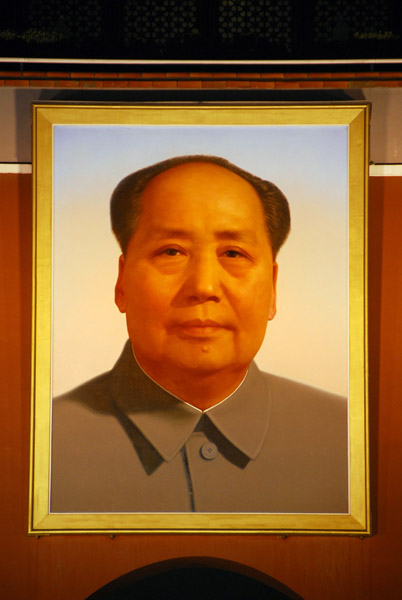



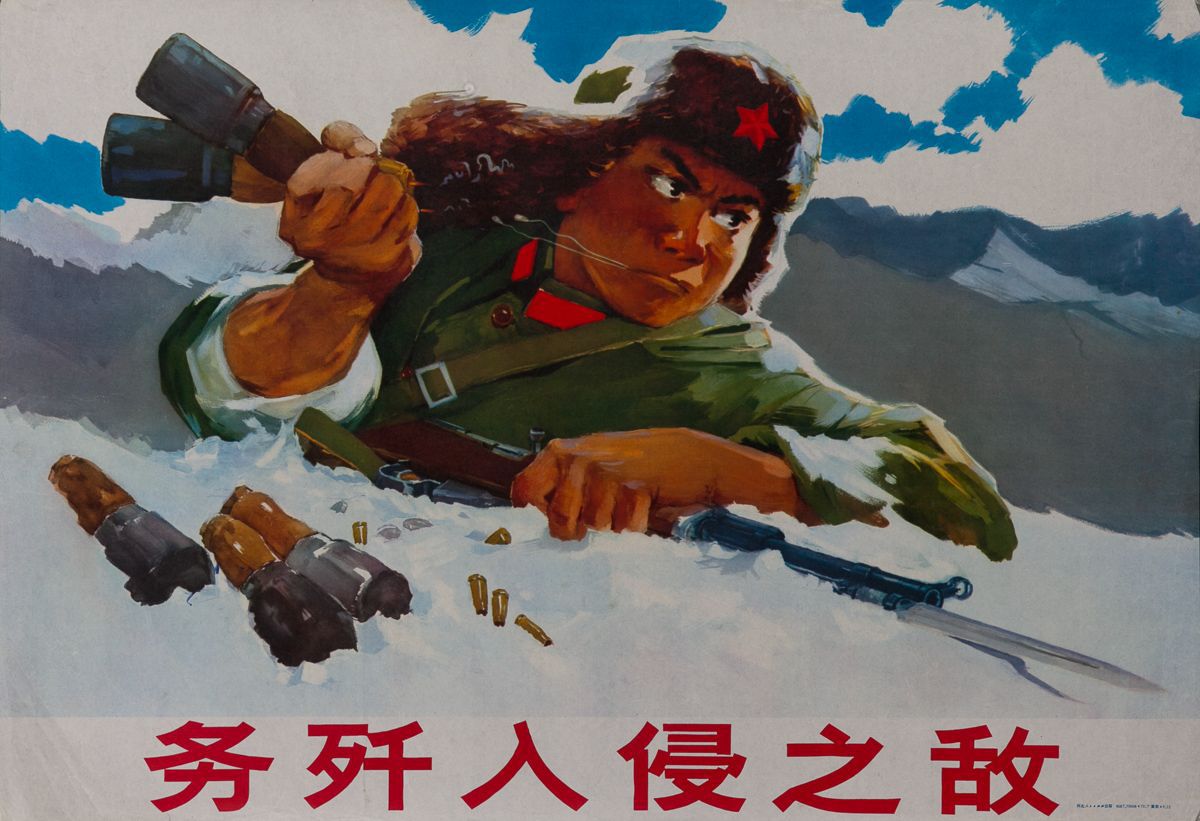
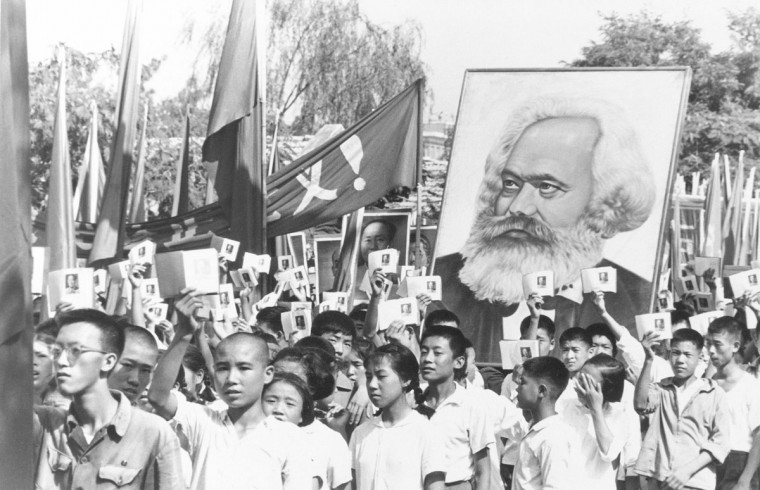
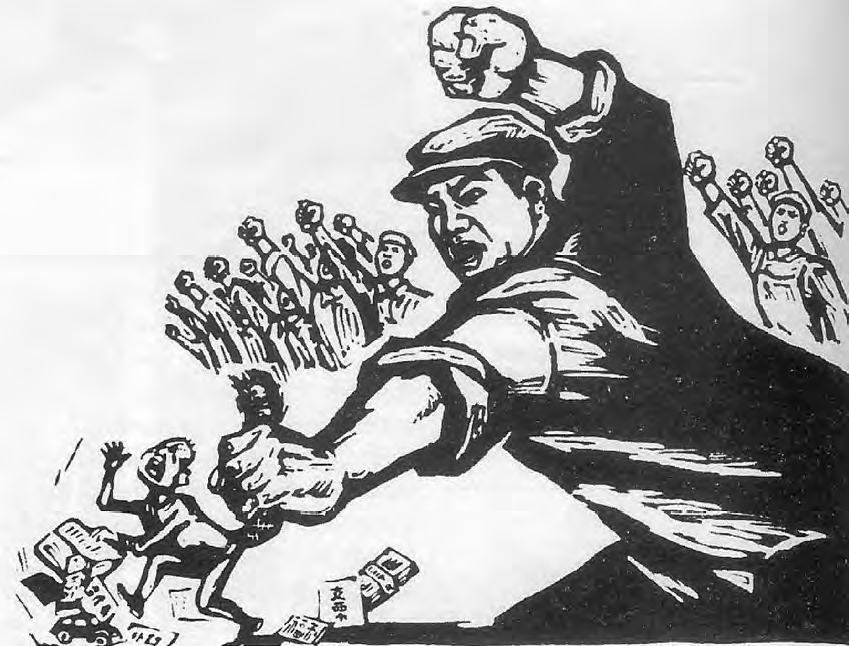
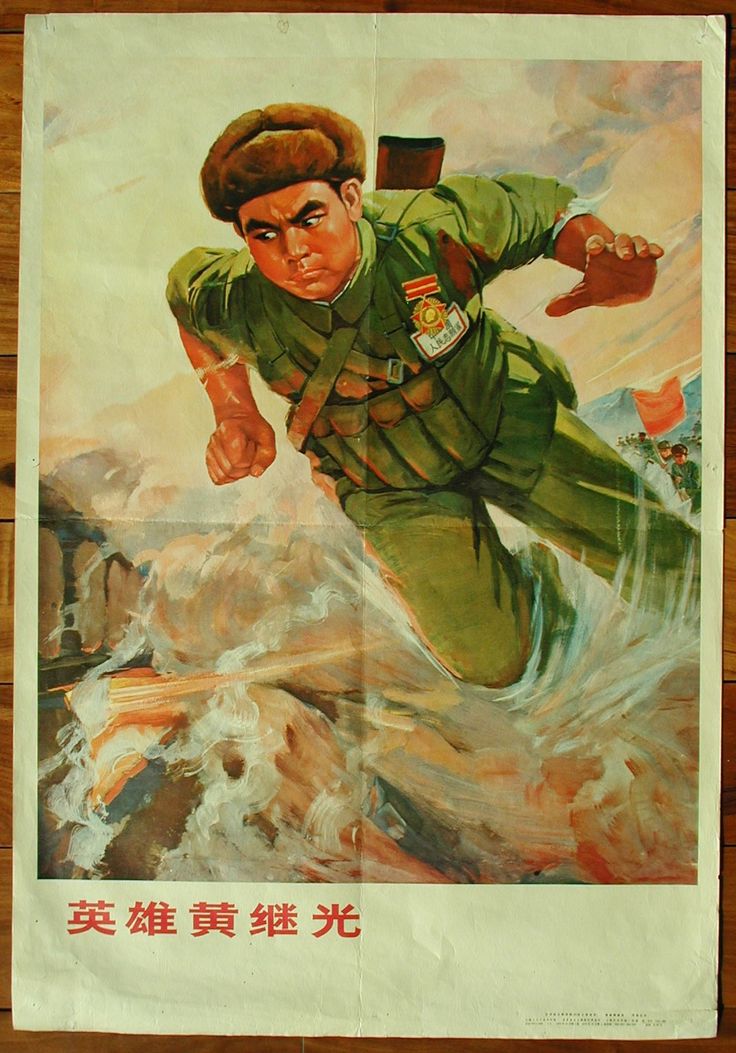
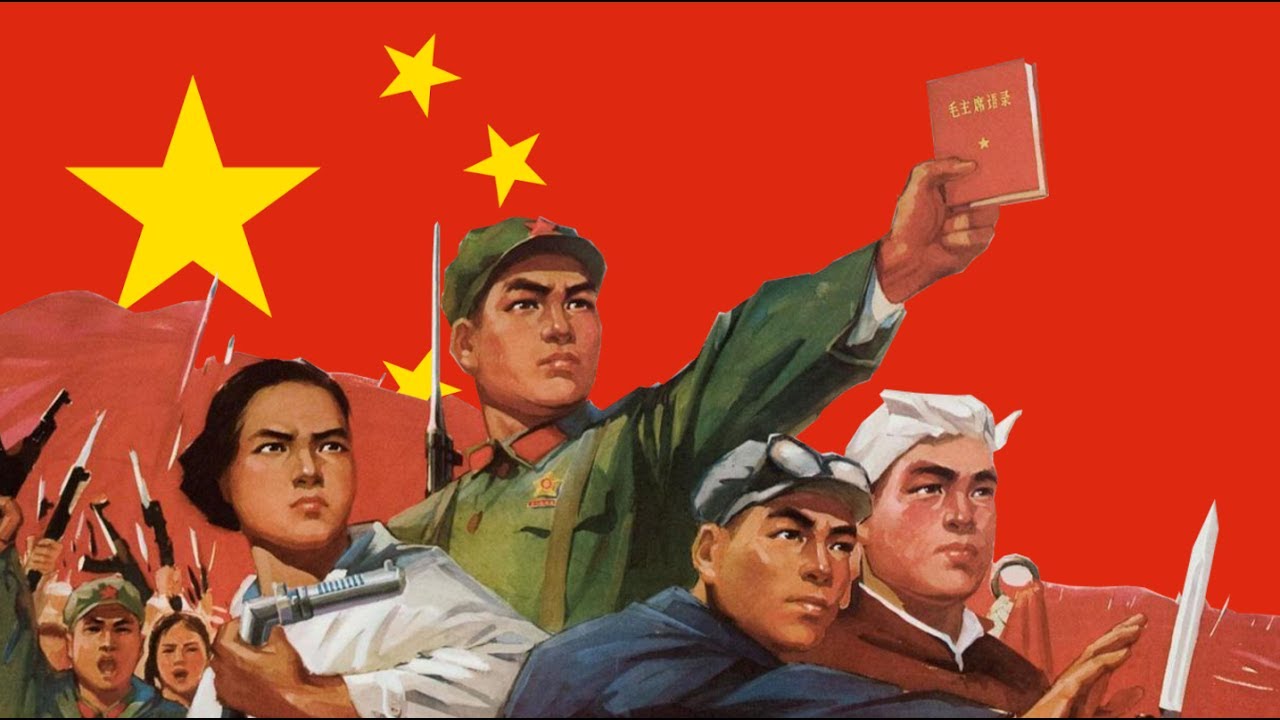


Nine Black Categories
- Landlords
- Rich Farmers
- Anti-Revolutionaries
- Bad Influences
- Right-Wingers
- Traitors
- Spies
- Capitalist Roaders
- Intellectuals [the stinking ninth]


